ESL Fun Spring/Easter Newcomer Activities Worksheets: Noun-Verb Vocabulary Games, Write the Room Lessons!
Springtime and Easter are perfect opportunities to engage ESL newcomers with fun and interactive activities that enhance their language skills while celebrating the season. Here are some exciting activities to try:
1. Noun-Verb Sorting ESL Vocabulary Game:
In this game, students sort cards with nouns and verbs into separate piles. Nouns represent objects or things, while verbs represent actions. For example, students may sort cards with pictures or words like "flower pot" (noun) and "catch butterflies" (verb). This activity helps students practice vocabulary, sentence structure, and grammar concepts in a hands-on way.
2. ESL Spring Write the Room Vocabulary and Writing:
In Write the Room activities, students search the classroom for cards with spring-themed words or pictures and write them down on a recording sheet. For example, students may find cards with words like "butterfly," "mushroom," or "rain boots." This activity encourages movement, vocabulary recognition, and spelling practice, making it ideal for ESL newcomers to learn new words in context.
3. ESL Easter Vocabulary Game Write the Room:
Similar to Spring Write the Room, this activity focuses on Easter-themed words or pictures. Students search for cards with words like "Easter bunny," "egg hunt," or "chocolate egg" and write them down. It provides a festive way for ESL newcomers to explore Easter vocabulary and practice writing skills.
4. ESL Spring Vocabulary Game: "I Have, Who Has":
"I Have, Who Has" is a cooperative learning game where each student receives a card with a word or picture and listens for their turn to read. For example, a student might say, "I have 'blossom,' who has 'rain?'" This game promotes listening comprehension, vocabulary reinforcement, and social interaction among students.
5. ESL Easter Vocabulary Game :"I Have, Who Has":
Similar to Spring "I Have, Who Has," this game focuses on Easter-themed vocabulary words. Students take turns reading their cards, which may include words like "basket," "chick," or "Easter egg." It's a fun way for ESL newcomers to practice speaking and listening skills while learning Easter-related vocabulary.
6. Easter Bunny Feelings "I Have, Who Has" Freebie:
In this version of "I Have, Who Has," students focus on identifying and expressing feelings associated with the Easter Bunny. Each card might feature a different emotion or feeling, such as "happy," "excited," or "surprised." This activity helps ESL newcomers learn vocabulary related to emotions and express their own feelings in English.
These activities are beneficial to ESL newcomers because they provide opportunities for vocabulary acquisition, language practice, and social interaction in a fun and engaging way. By incorporating spring and Easter themes, these activities also help students connect language learning with real-life experiences and cultural celebrations.
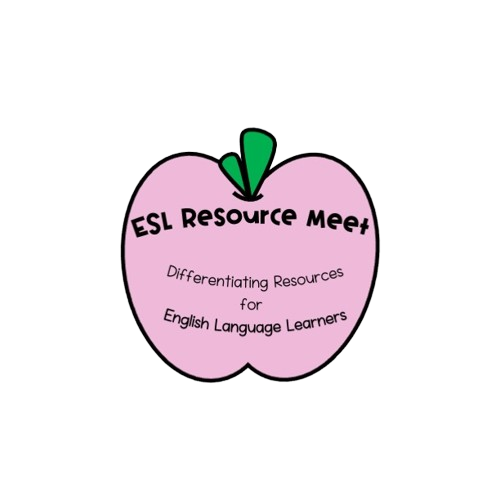


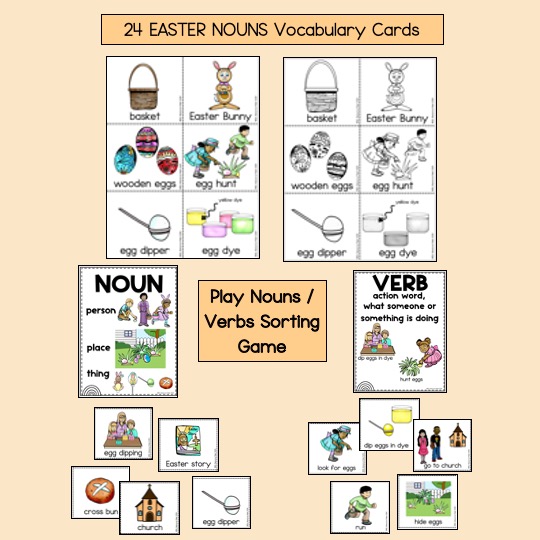













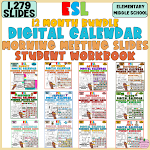





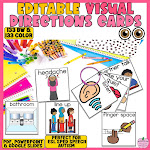




































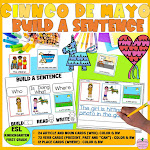







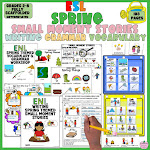




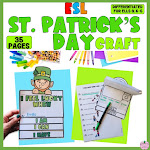
















































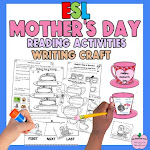
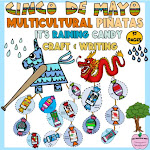
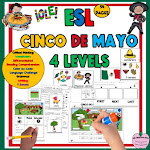
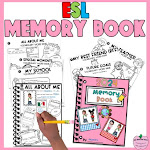




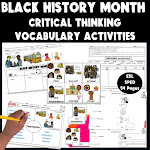
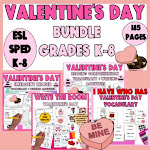
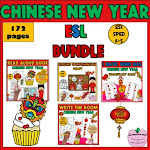

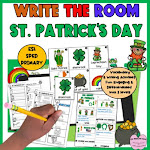
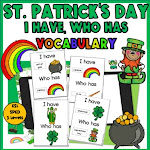
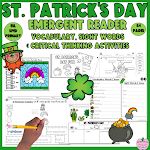



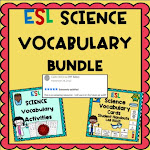




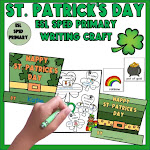

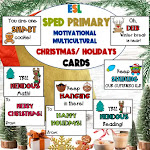
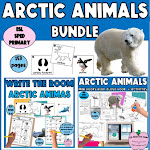

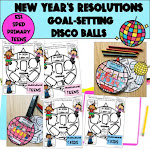
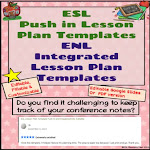




0 Comments